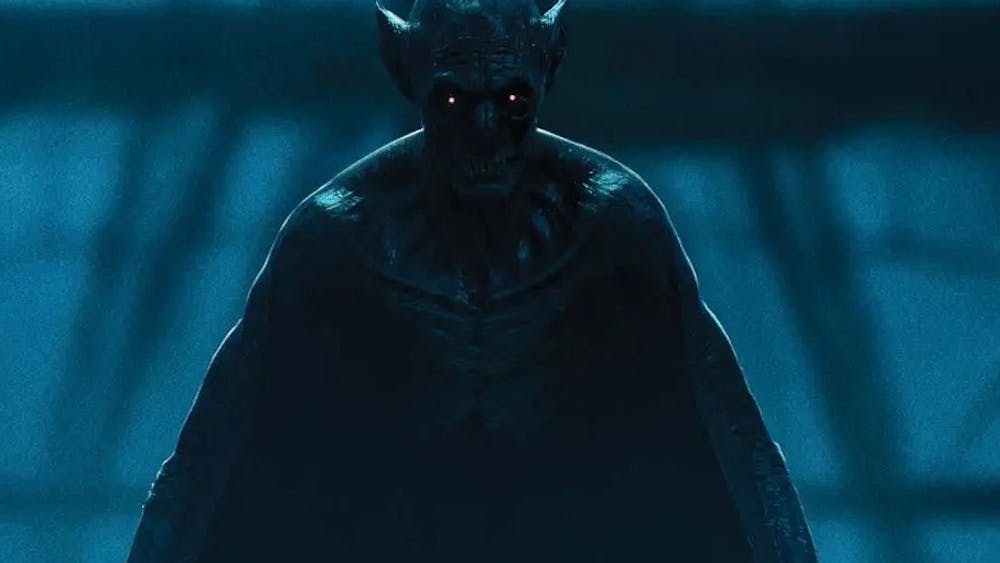Billed as a comedy, Rich Orloff's one-act "Public Parts" takes a hard, quick look at love, sex, relationships, getting ahead in life and other things people pretend to know more about than they really do. It is the latest addition of the Bloomington Playwright Project's Dark Alley series, which opened this weekend.\nThe twenty-or-so-minute play centers on Chloe and Eleanor, a homosexual couple played by the BPP Ensemble of Artist members and IU theatre and drama majors Christine V. Perrotta and Julia Weiss.\nDirector Hannah Smith, who is a BPP ensemble member as well as a double major in theatre and drama and English at IU, surrounds her actresses with a cramped, cheap hotel room that emphasizes their struggles outside of the room. As Eleanor tries to escape the cultural confines of sex, gender and economics by way of climbing the corporate ladder, Chloe does the same by rejecting such aspirations for respectability and instead turns to the fast cash of stripping. \nAs each makes her case for choosing their respective paths, Orloff's script increasingly entwines their sexuality with their aspirations. In one instance, Chloe jeopardizes Eleanor's job prospect by sunbathing topless in a pool near Eleanor's possible employer. \nThis tension brings the audience to wrenching scenes, such as Eleanor challenging Chloe to give her a lap dance. As she does, Eleanor acts like a potential customer, complete with a mouth that would make a trucker blush.\nAnd so, when Chloe says, "This is who I am, and you love me. Get used to it," Orloff approaches incendiary questions about relationships and personal identity: do we possess our sexuality, or does it possess us? Where does acceptance end and self-injury begin when we must endure things we despise in those we love?\nOrloff can't answer those questions in twenty minutes, but he does know that trying to answer them can dismantle a relationship in half that time, and in an ugly way. The play is funny -- the dialogue has an acid pop reminiscent of Patrick Marber's "Closer" -- but the laughter is more about trying to get comfortable with language and subject matter that is decidedly uncomfortable, and sadly too knowable.
'Public Parts' considers questions of love
Get stories like this in your inbox
Subscribe





